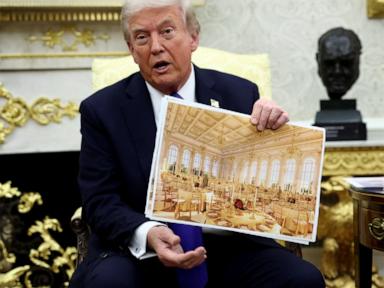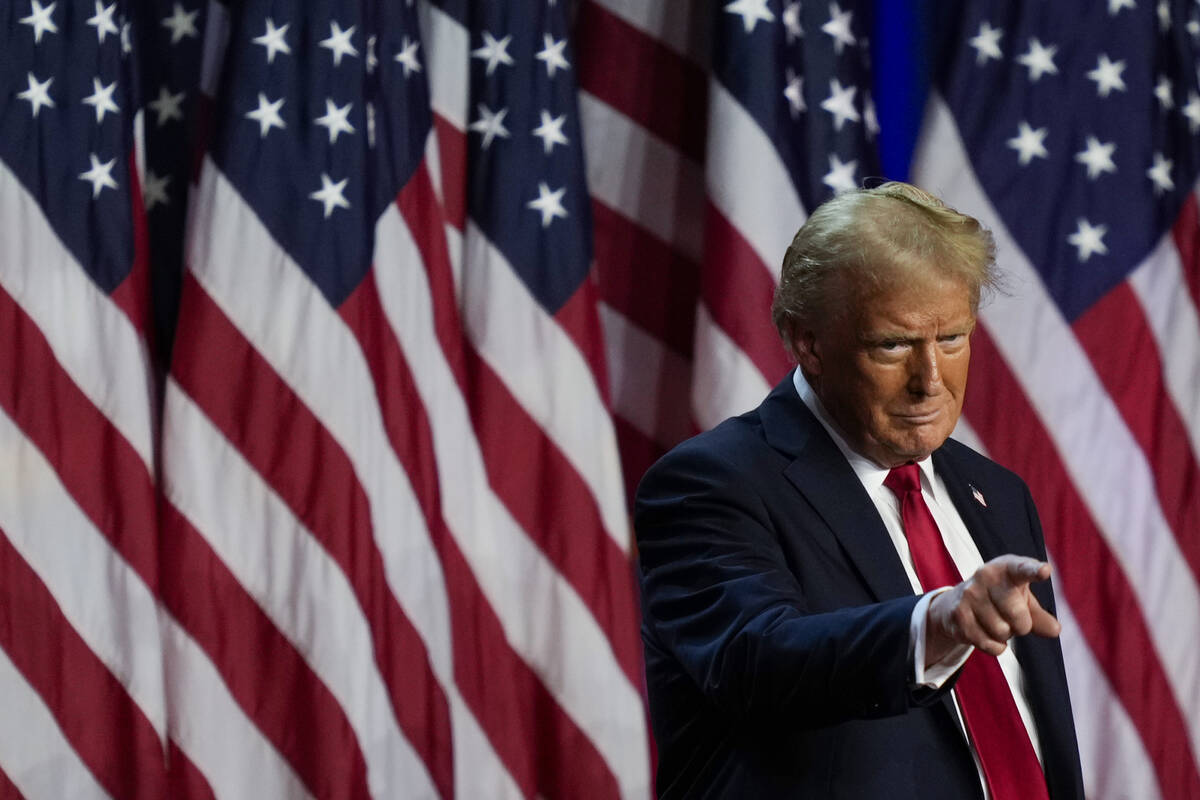Former Nevada Governor Richard Bryan recently offered a critique of Donald Trump in the *Monday Review-Journal*, sparking discussions about the current political landscape. Bryan’s comments focus on Trump’s impact and his rise to prominence, but they overlook a significant context: the role of the Democratic Party in shaping today’s political environment.
Bryan, who once served as a thoughtful leader, attributes various challenges facing the nation to Trump. He mentions the Russia-gate scandal, the handling of the COVID-19 pandemic, and the perceived rise of socialism within the Democratic Party. Each of these elements, he argues, contributed to Trump’s re-emergence as a prominent political figure.
Political Dynamics and Their Impact
In his assessment, Bryan points to key issues that have influenced public perception. He highlights the inflation rate, which has reached levels not seen in decades, and the national debt, which has surpassed $31 trillion. These economic challenges, according to Bryan, have created an environment in which Trump’s messaging resonates with voters seeking alternative solutions.
Moreover, Bryan criticizes the Democratic Party’s stance on social issues, such as the inclusion of transgender women in women’s sports. He suggests that these positions have alienated some voters and inadvertently bolstered Trump’s support among certain demographics. The combination of these factors has played a pivotal role in shaping the narrative surrounding Trump’s political resurgence.
Bryan’s critique does not solely focus on Trump’s actions; it also reflects a broader concern about political discourse. He contends that the current political climate, marked by divisive rhetoric and entrenched partisanship, has made it challenging for constructive dialogue to occur. His call for reflection emphasizes the need for both parties to reassess their strategies and engage with the electorate more effectively.
The Path Forward
As the political landscape continues to evolve, Bryan’s critique serves as a reminder of the complexities involved in American politics. The future implications of Trump’s influence cannot be understated, particularly as the nation approaches the upcoming elections.
In light of Bryan’s comments, it is essential for political leaders and parties to reflect on their roles in shaping public sentiment. Understanding the factors that led to Trump’s success may offer valuable insights for both Democrats and Republicans as they navigate the challenges ahead. The discourse surrounding these issues is crucial for fostering a healthier political environment and addressing the concerns of a diverse electorate.
Ultimately, the ongoing political dialogue will likely determine the course of future elections and the state of American democracy.






































































